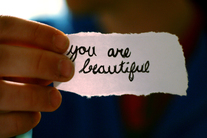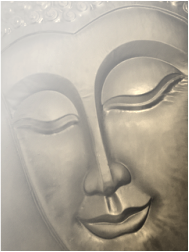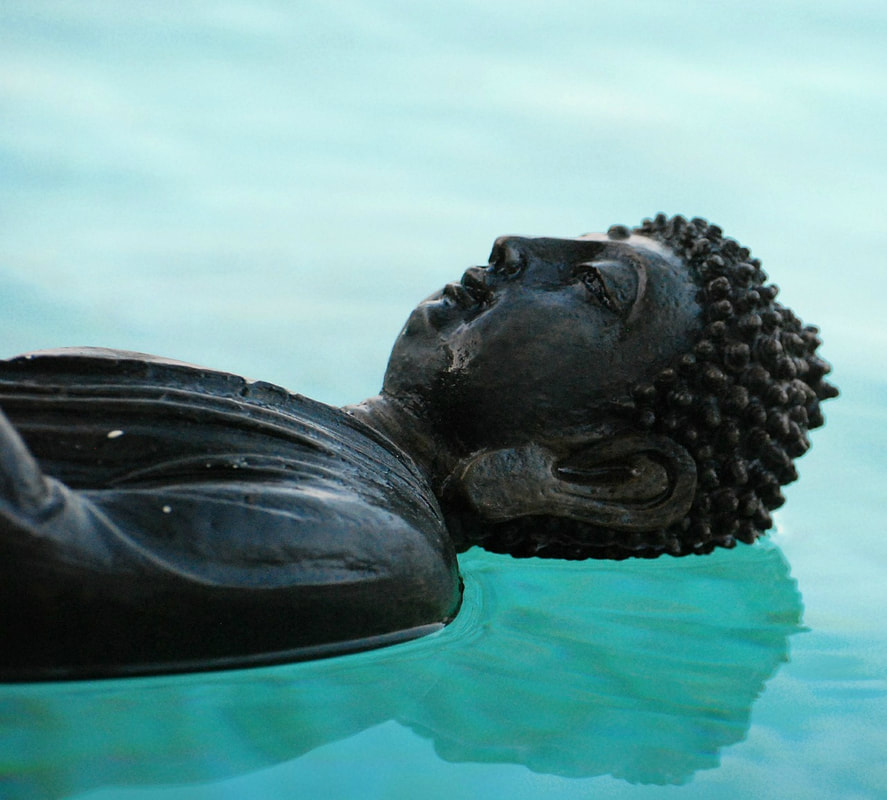 Ever since I discovered adding pumpkin spice to hot chocolate, I can't stop drinking it! That one little addition changed the entire drink for me. Drinking chocolate goes back thousands of years to at least the Mayans. Spices were added and often it was served cold. For a long time, drinking chocolate was an acquired taste because no sugar was added to the bitter drink. Eventually, someone realized adding honey made the drink more palatable. But then why drink it if it tasted so harsh? It was used to cure digestive ailments and given to soldiers as a nutritious part of their diet. It was considered sacred and used in ceremonies. It was expensive and coveted by the elite. Chocolate was considered to be a food of the Gods. The sanskrit word rasa translates to essence, taste, juice referring to that of life rather than an actual taste in the mouth. The essence or taste an emotion leaves behind; the sweetness of life. So why drink the bitter chocolate? Our path here on Earth, this journey called life, is not always rasa. "Life happens. Chocolate helps." We do not always taste its sweetness; some days are very bitter. Yet we recognize the underlying and ultimate sweetness of life. We continue on because tough days will be followed by sweet days. Our time here is like the chocolate: sacred and coveted. "That it will never come again is what makes life so sweet." Emily Dickinson Some days we come to our yoga mat having dragged ourselves there. We cannot help but eventually feel the rasa of the practice work its way into our head so, by the time we leave svasana, we have reconnected with an essence of joy. Remember it only took one little change, the adding of honey to the chocolate, to make it sweeter. What if your life only needed one little change from you to make it sweeter? What do you think that change might be? Are you open to that change? Since much of yoga has to do with balance (and I do mean just physically in the poses), this quote seemed appropriate: "A balanced diet is chocolate in both hands." "When life is sweet, say thank you and celebrate. And when life is bitter, say thank you and grow."
0 Comments
 Hercule Poirot is the Belgian detective who appears in over thirty of her novels and probably sixty-some times in her short stories. In fact, little piece of trivia here, Poirot was the first fictional character to ever be on the front page if The New York Times; it was in the form of his obituary. But I digress from the connection to our yoga... From Sufi poet Rumi, "There is a life-force within your soul, seek that life. There is a gem in the mountain of your body, seek that mine. O traveler, if you are in search of That Don't look outside, look inside yourself and seek That." Turning inside to our truth, finding out how to do that on the yoga mat. “It is the brain, the little gray cells on which one must rely. One must seek the truth within--not without." ~ Poirot” ― Agatha Christie Poirot is correct about our answers coming from within. However, we need to almost bypass the brain cells, the thinking mind, and get to a quieter place. My son introduced to a new game app called Trivia Crack. It is very similar to Trivial Pursuit. When a question appears that I do not know the answer to (which is often), I let my finger (guided by intuition) choose the answer. When I do this, I am most often correct. This frustrates Adam because he thinks it isn't fair to get the answer right by guessing, but I am not guessing. When I do guess, I allow my brain to dwell on each answer and try to think it out and I am usually wrong. I am much more accurate when I bypass the thinking brain and simply let intuition guide me. The brain is like an archaeologist's playground; it covers our knowledge with all sorts of crazy thoughts, ideas and perceptions. We have to find stillness through meditation to dig down to what we really truly do know. In Death on the Nile, Poirot states, “In the course of an excavation, when something comes up out of the ground, everything is cleared away very carefully all around it. You take away the loose earth, and you scrape here and there with a knife until finally your object is there, all alone, ready to be drawn and photographed with no extraneous matter confusing it. That is what I have been seeking to do—clear away the extraneous matter so that we can see the truth—the naked shining truth.” Agatha Christie “Everybody always knows something,” said Adam, “even if it’s something they don’t know they know.” — Agatha Christie, Cat Among the Pigeons  Have you ever seen something so beautiful that you knew you would never see it quite that way again but you were so grateful for seeing it once? Have you thought of looking at yourself that way? Snow Geese by Mary Oliver Oh, to love what is lovely, and will not last! What a task to ask of anything, or anyone, yet it is ours, and not by the century or the year, but by the hours. One fall day I heard above me, and above the sting of the wind, a sound I did not know, and my look shot upward; it was a flock of snow geese, winging it faster than the ones we usually see, and, being the color of snow, catching the sun so they were, in part at least, golden. I held my breath as we do sometimes to stop time when something wonderful has touched us as with a match, which is lit, and bright, but does not hurt in the common way, but delightfully, as if delight were the most serious thing you ever felt. The geese flew on, I have never seen them again. Maybe I will, someday, somewhere. Maybe I won’t. It doesn’t matter. What matters is that, when I saw them, I saw them as through the veil, secretly, joyfully, clearly.  I have a metal wall hanging of Buddha's face hanging in the space in which I offer reiki and sit down at my computer to write. In this room, I am surrounded by pictures of various Hindi deities, like Saraswati and Tara and statues of Krisna, Ganesh and Shiva. There are Aum symbols and mala beads; there is a tranquil fountain and a yoga statue sitting in a a meditational easy pose. But I love the depiction of Buddha. I love the calmness in his cheeks and the softness to the closed eyelids. Mostly, I think, it is the gentleness to his slight smile that I find instantly contagious and relaxing. Buddha's smile is as evasive and misunderstood as the Mona Lisa's. And to do not mistake the depictions of Siddharta Guatama as Buddha with those of China's Laughing Buddha, a deity they created based on the original. "rather than the smile of a self-satisfied, materially-rich or celebrated man, Buddha’s smile comes from a deep equanimity from within." (http://www.pursuit-of-happiness.org/history-of-happiness/buddha/) Perhaps his smile is a knowing, a result of understanding the meaning of life. His smile seems so inwardly personal that maybe we aren't supposed to know the why, merely take in, a lesson in appreciating what is present. Perhaps it is, as well, a smile of complacency to the ego mind that continues, like an impatient child, to tug at the hands of its mother. Buddha understood and taught that life is suffering. His Four Noble Truths are that the truth of life is suffering, that the cause of suffering comes from our cravings or desires, that suffering can be eliminated and that the path to rid ourselves of this suffering is the Eightfold Path. The sanskrit word dukkha means suffering or more specifically that which is difficult to bear. It is a natural part of our existence, hence, it is truth. Suffering is the result of ignorance; the Eightfold Path is the way to freedom (moksha) from ignorance, a way to nirvana. Nirvana translates to "blown out" or extinguished. Nirvana is not a result it just is. "Beyond caste, creed, family or lineage, That which is without name and form, beyond merit and demerit, That which is beyond space, time and sense-objects, You are that, God himself; Meditate this within yourself." —Vivekachudamani, 8th Century AD[17] Perhaps his smile is a gentle reminder that we are all enlightened beings who have forgotten this way. His smile is a softness that moves directly to your heart. There is no doubt his smile is honest and simple. It is not coded with jealousy, distrust or malice. It is the essence of out truth that often evades us. Buddha's eightfold path redirects us. Right Vision/ understanding Right Intention/ thought Right Speech Right Action Right Livelihood Right Effort Right Mindfulness Right Concentration "'Tis easy enough to be pleasant, When life flows along like a song; But the man worthwhile is the one who will smile when everything goes dead wrong." Ella Wheeler Wilcox I guess it really doesn't matter why he is smiling. I didn't intend to write about why he is smiling merely that he is. I enjoy every depiction of that faint smile and I am sure in my heart that that is enough. |
Archives
March 2024
|

 RSS Feed
RSS Feed